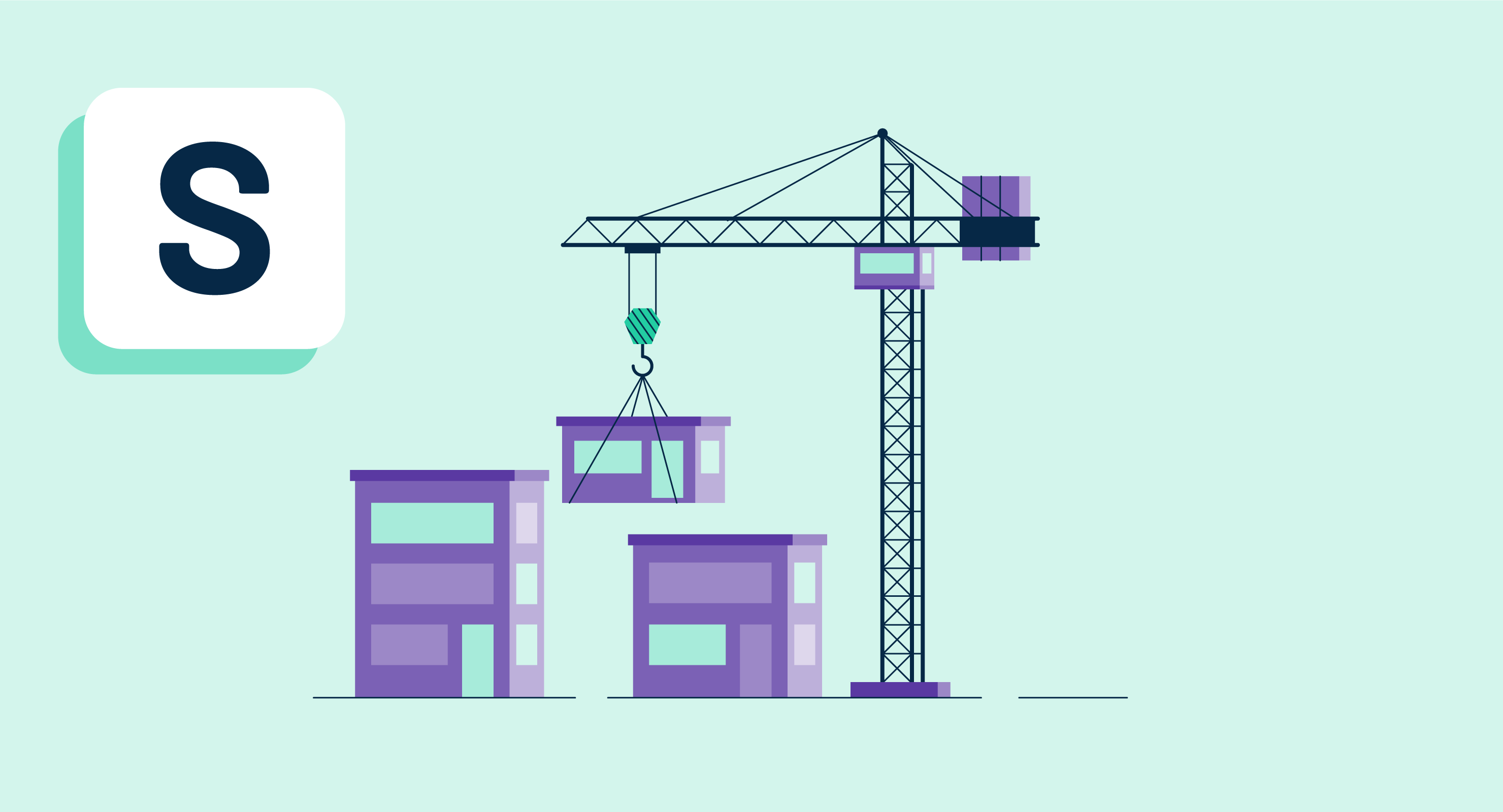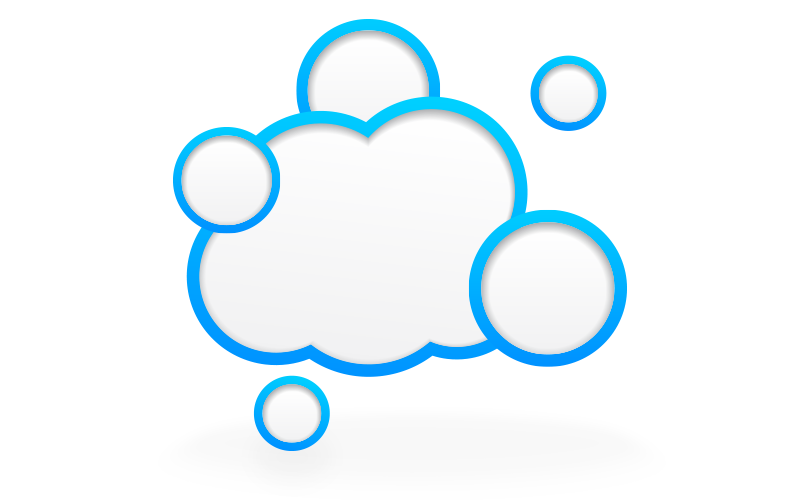What is scalability?
Scalability refers to the ability of an organization, process, system, or software to adapt to changing workloads, either by effectively handling increases or managing decreases in demand. This characteristic is essential in evaluating the capacity to maintain or improve performance under varying operational demands.
In practical applications, scalability is a key consideration in areas like cloud storage solutions, where hybrid cloud storage software is often employed to meet fluctuating demands. For example, a scalable production unit can increase its output with the integration of new machinery, demonstrating its ability to handle greater production demands without compromising efficiency. Similarly, a software system is considered scalable if it can support a growing number of users, handle higher transaction volumes, or expand its storage capacity without a loss in performance.
The value of scalability lies in its indication of a system's or organization's competitiveness and endurance. A scalable entity is equipped to meet changing needs, manage increasing demands, and stay competitive in a dynamic environment. This adaptability is crucial for long-term success and sustainability in various sectors.
Related glossary terms
Scalability Software
Software that mention scalability as a feature or term.


